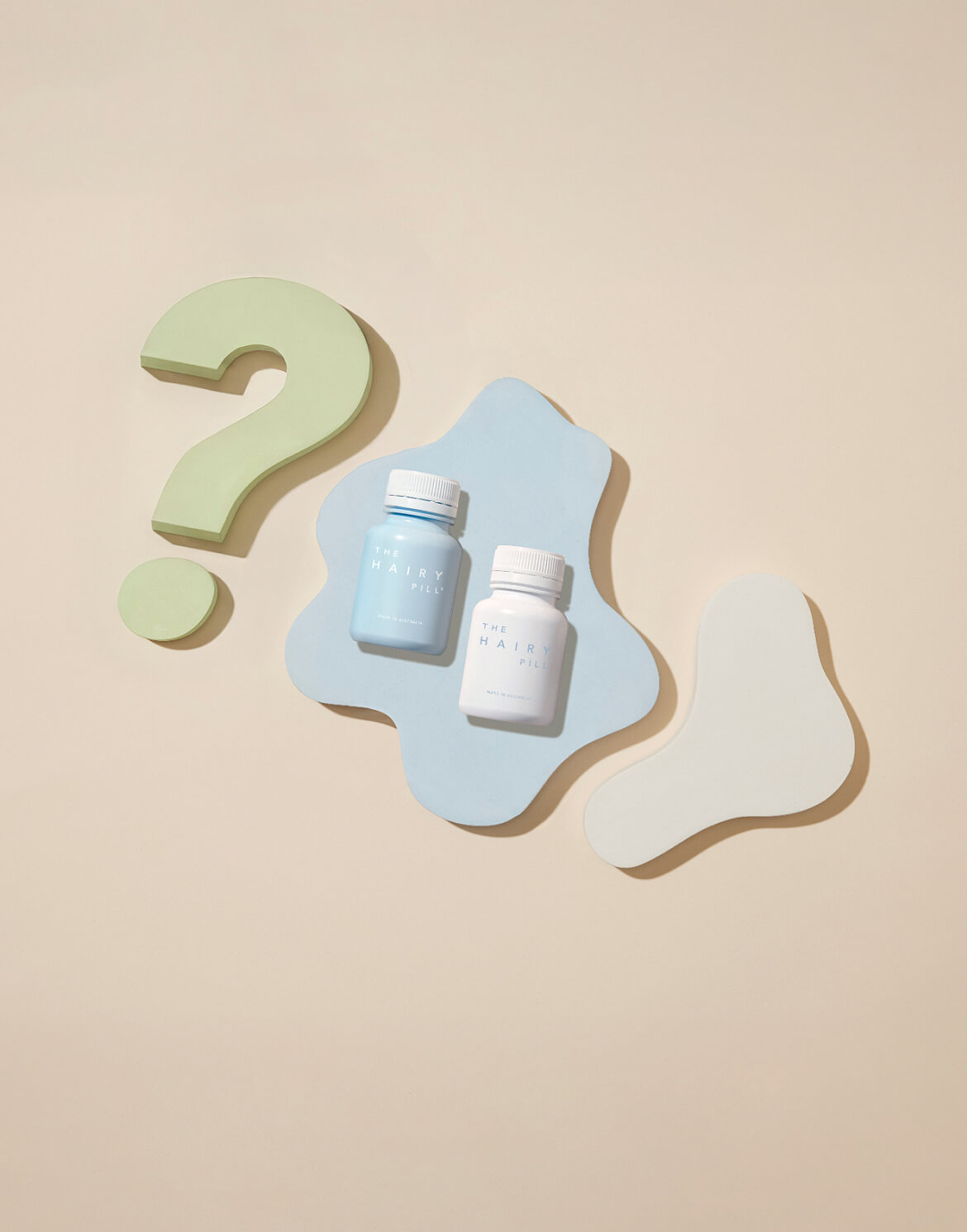Why you should think twice before consulting Dr Google
Once upon a time, we used to dust off a fat encyclopedia for information. Now the world’s answers are available in our pocket. The internet has had a huge impact on society. Sadly, the changes aren’t all good.
Although the internet might seem like a wise oracle, the truth is that Google can do as much harm as good when we it comes to relying on it for answers. This is especially true when it comes to health-related enquiries.
Ironically, as you’ll see in this article, relying on Google can actually be bad for your health. In some cases, it can be dangerous.
Beware Dr Google
We’ve all been there. You feel an unusual sensation or notice something different about your body. Your first instinct is to seek a medical opinion. But you’re busy. So, you figure, why not just google the symptoms and see what you’re dealing with.
Your search reveals a lengthy list of illnesses, so you narrow it down by including other symptoms you’ve noticed that could be related. Google suggests a few other symptoms and you add those to the list too because, who doesn’t have the occasional headache and fatigue? Within minutes you’ve self-diagnosed a rare disease and you’ve convinced yourself its all over.
If medicine was as simple as typing symptoms into a computer for it to spit out a remedy, doctors would be redundant. Yet, not only are they not redundant, to be a doctor one must endure years of meticulous study and training, because medicine is a science. It requires discernment. While sitting before you, a doctor calculates a vast range of factors which Google simply can’t pre-empt.
You know it. We know it. And yet, all of us are guilty of beseeching the Google Gods when our bodies malfunction.
There is in fact one legitimate illness you can contract if you continue down the Google rabbit hole: cyberchondria. This is the anxiety-amplifying effects of searching for health answers online. Negativity bias means we tend to focus on the worst symptoms we read about it which can quickly spiral into unhealthy thinking. In one study conducted by the Royal College of Surgeons in Ireland,
10% of people who googled health advice reported feeling anxiety and fear about the information they found.
So, as much as you might look suave in scrubs, it is better for your health and your wallet if you leave the diagnosing to the experts.
Discover if The Hairy Pill® is right for you.
Take our short hair health quiz and we will work out if The Hairy Pill® can help you and your hair.
Take the quizSometimes the internet lies
Another reason asking Dr Google is unsafe is that a great deal of information on the internet is incorrect. These days, anyone can create a professional looking website. Sure, you could be receiving a medical diagnosis from an experienced health professional, but it is just as likely that the advice is coming from a tech savvy 16-year-old kid called Logan.
Once, there were a handful of reliable, credible sources we could rely on. They may still exist, but they are buried beneath thousands of pages of false, misleading and sometimes dangerous information.
This is often how hair loss myths slip into everyday knowledge as fact. Take, for example, this statement: baldness comes from your mothers’ father. Everyone knows this to be true. Right? Except, well, it’s not.
Just as medicine is complicated, genetics is complex. Scientists still aren’t certain which genes determine hair loss. The myth stems from the fact that studies have shown certain types of balding is dictated by the X-chromosome, meaning it came from one’s mum. However further studies have shown that both a mother and father’s genes contribute, proving the theory to be misleading
This is a perfect example of how self-diagnosis can be deceptive. The notion that baldness comes from your mother’s father stems from genetic facts, but it requires the expertise of a geneticist to interpret them accurately.
Ready to start your hair growth journey?
- Free express shipping
- Unlimited doctor consultations
- Simple once a day treatment
Googling side effects may have terrible side effects
Googling side effects is another problem when it comes to relying on the internet. All medications have potential side effects. The problem occurs when they’re taken out of context by people online with no medical certification who make bold statements without the knowledge to fully understand them.
We wouldn’t take medical advice from some Joe Bloe who passes us on the street. So, it’s worth asking ourselves why we are so eager to believe the Joe Bloe on the internet.
Hair loss is a great example of this. Like genetics, hair loss medication is a complex science. It is so complicated in fact, that it has taken our doctor over 30 years to develop the best combination of treatments, all of which were achieved through clinical and patient trials.
Often, we’re asked why The Hairy Pill® can’t be purchased over the counter. How is it different from the treatments you can get off the shelf? It’s because our doctors personalise the treatment to give each individual patient the best results with the lowest risk of experiencing side effects. This is why you should always trust the experts.
The internet has brought us much progress and gifted us many great things, such as social media and cat memes. But, it’s important to remember that it is not a cure-all and there’s a reason the experts are still very much in demand.
So, in light of the information explored in this article, it makes sense to stop relying on Logan the adolescent computer whiz as your medical professional. Be warned, if you do rely on Logan, you could do more harm than good.

















